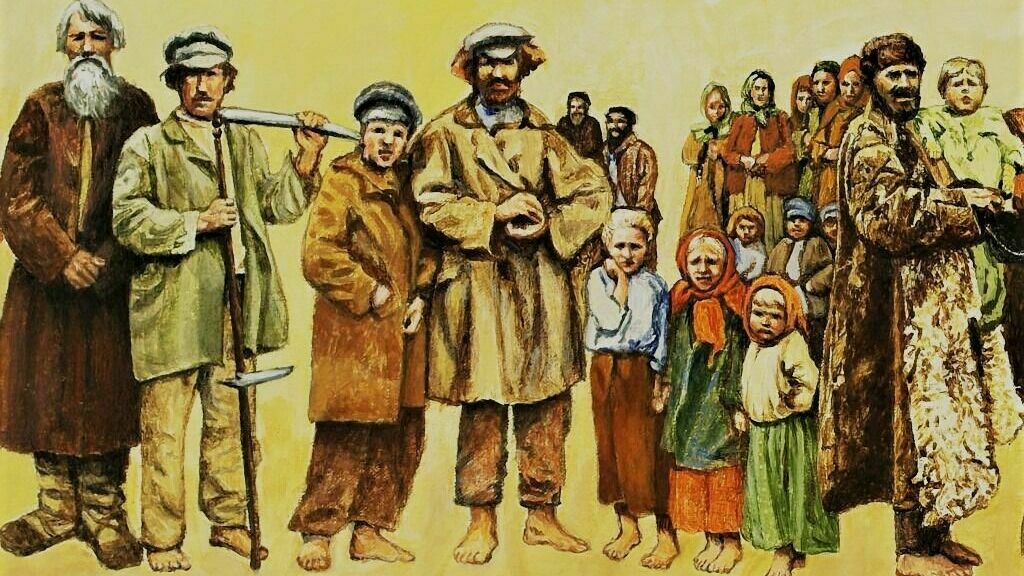
Sociologists have found out which generations on Earth live well
The study involved citizens of 64 countries, including Russia.
The welfare of the modern generation
It turned out that about half (51%) of the study participants believe that their generation lives better than their parents' generation.
However, 23% are sure of the opposite, and the same number admitted that their quality of life is no different from the quality of life of their parents.
Residents of our country are among the optimists: 48% of residents of Russian cities said that they live better than their parents, and only 12% worse.
Citizens of India (54% "better" vs. 30% "worse"), Mexico (57% vs. 16%), the USA (60% vs. 15%), Nigeria (81% vs. 9%) also highly appreciated their own well-being.
But the most pessimistic were the citizens of Moldova, in which only 32% believe that they live better than their parents, but as many as 45% are sure that they are worse.
Welfare of future generationsIn this category of responses, less than half of respondents (44%) believe that their children will have a better life than themselves, 28% think that the next generation will have a harder time, while 20% do not expect any changes.
Russians radiate optimism here too: 52% expect that their children will live even better, and only 10% are sure of the opposite.
India (43% vs. 33%), the USA (43% vs. 31%), Mexico (48% vs. 30%) and Nigeria (90% vs. 6%) were among the optimistic countries again.
But the most pessimistic were the citizens of Slovenia (53% of its residents believe that the life of their children will get worse), Macedonia (47%), Ethiopia (46%), Spain (45%) and Greece (42%).
"The inner sense of well-being correlates not only with material prosperity. Life satisfaction and confidence in the future are influenced by the consciousness of one's strength, the ability to influence circumstances and one's choice, cultural and historical features of society. It is characteristic that among the optimists there are many Eurasian countries – representatives of traditional culture with established ways and values. Russia was among them", - says Andrey Milekhin, Doctor of Sociology, founder of M-Holding, President of Romir Company.